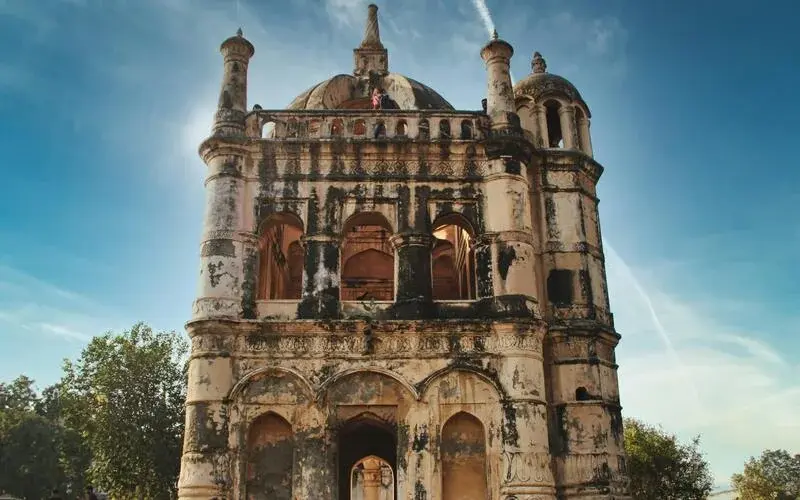


Gujarat's historical significance dates back to ancient times when it was part of the great Indus Valley Civilization. It thrived as a center of trade and commerce, with the bustling port of Lothal serving as evidence of its maritime connections with Mesopotamia and beyond.
Throughout history, Gujarat was ruled by various dynasties, including the Mauryas, Guptas, and Chavdas, each leaving its mark on the state's culture and architecture. The region's coastal location made it a hub for trade along the Silk Road, facilitating cultural exchanges with distant lands.
In the modern era, Gujarat played a pivotal role in India's fight for independence from British colonial rule. I ...
Gujarat's historical significance dates back to ancient times when it was part of the great Indus Valley Civilization. It thrived as a center of trade and commerce, with the bustling port of Lothal serving as evidence of its maritime connections with Mesopotamia and beyond.
Throughout history, Gujarat was ruled by various dynasties, including the Mauryas, Guptas, and Chavdas, each leaving its mark on the state's culture and architecture. The region's coastal location made it a hub for trade along the Silk Road, facilitating cultural exchanges with distant lands.
In the modern era, Gujarat played a pivotal role in India's fight for independence from British colonial rule. It was the birthplace of Mahatma Gandhi, the leader of the Indian freedom movement, and the Sabarmati Ashram in Ahmedabad served as a center for non-violent resistance against British oppression.
In 1960, Gujarat was carved out as a separate state from the larger Bombay State, and it has since emerged as a dynamic and industrially prosperous region, while still retaining its rich cultural heritage and historical significance.
Location: Located in western India, Gujarat is the country's sixth-largest state by area.
Historical Significance: Gujarat has a rich historical legacy with connections to the Indus Valley Civilization and a history of trade along the Silk Road.
Birthplace of Mahatma Gandhi: The state is the birthplace of Mahatma Gandhi, the leader of India's non-violent struggle for independence.
Industrial Hub: Gujarat is an industrial powerhouse, home to major industries, including petrochemicals, textiles, and manufacturing.
Ports: It boasts several major ports, including Kandla Port and Mundra Port, making it a vital maritime trade hub.
Cultural Diversity: Gujarat is culturally diverse, with a rich tradition of music, dance, and art. The state is known for its colorful festivals like Navratri and Uttarayan (Kite Festival).
Architectural Heritage: The state features architectural marvels like the Sun Temple in Modhera, Rani ki Vav in Patan (a UNESCO World Heritage Site), and the stepwells of Adalaj and Champaner-Pavagadh.
Wildlife Sanctuaries: Gujarat is home to wildlife sanctuaries like Gir Forest National Park, the last refuge of the Asiatic lion.
Cuisine: Gujarati cuisine is known for its vegetarian dishes, including dhokla, thepla, and Gujarati thali.
Economic Prosperity: It is one of India's economically developed states, known for its vibrant business environment and entrepreneurship.
Tourism: Gujarat offers diverse attractions, from the salt desert of the Rann of Kutch to the historic city of Ahmedabad and the pilgrimage sites of Dwarka and Somnath.
Language: Gujarati is the official language, but Hindi and English are also widely spoken.